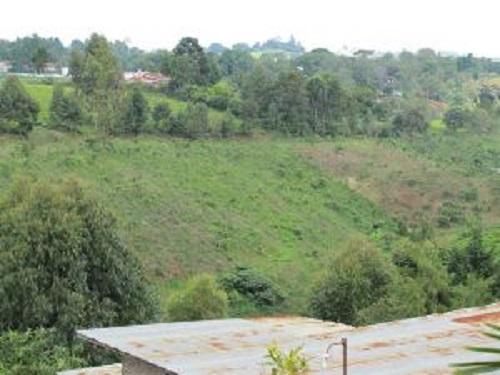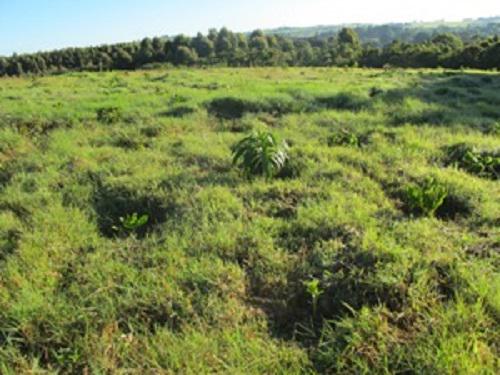Mark Nicholson
Other projects
The aim of the project is the ecological and forest restoration in the East African Uplands coupled with biodiversity conservation and development of a botanic garden and a butterfly farm.

“Plants for Life International” (PLI) is a registered non-governmental organization (NGO) working at Brackenhurst Baptist International Centre, a conference centre for corporate, institutional (religious and secular) and other groups. The centre accommodates 450 residential visitors, and receives about 20,000 visitors a year and is situated in Tigoni near Limuru, 30 km north-north-west of Nairobi.

Our vision since 2001 is to reforest 50 acres as a botanic garden using native species only, and to develop an ecotourism and environmental education programme. The grounds are open to the public for recreational purposes. The centre’s land covers 100 acres (40 ha.) at an altitude of 1900-2200 m. The challenge is large. We have removed exotic plantations of eucalyptus, cypress, pine and wattle: the soil underneath is acidic, infertile and extremely low in inorganic matter and micro-organisms. The undergrowth is dominated by exotic, poisonous invasives such as Cestrum aurantiacum from Guatemala and Solanum mauritianum (bugweed) and we use much casual labour on digging this out. We then prepare compost and plant at 600-900 trees per acre. We have planted over 120,000 plants since 2001, of which a third are trees and woody plants of about 500 species, including some very rare species. To simulate a “natural” forest we collect plants from all over East Africa (at this altitude) and establish not just trees but herbs, grasses, ferns, orchids, lichens, mosses, scramblers, climbers. We have a tree nursery of over 10,000 seedlings and collect wildings from all over Kenya.
After 20 years (2020), we expect to have a mature native forest of 50 acres for recreation, bird watching and ecotourism. In 2011 we are starting bird walks and a small butterfly collection. Our bird list stands at over 170 species. Our main goal in 2011-2012 is the removal of invasive species plus further expansion of our forest and to develop our herb collection (non-woody and medicinal plants).